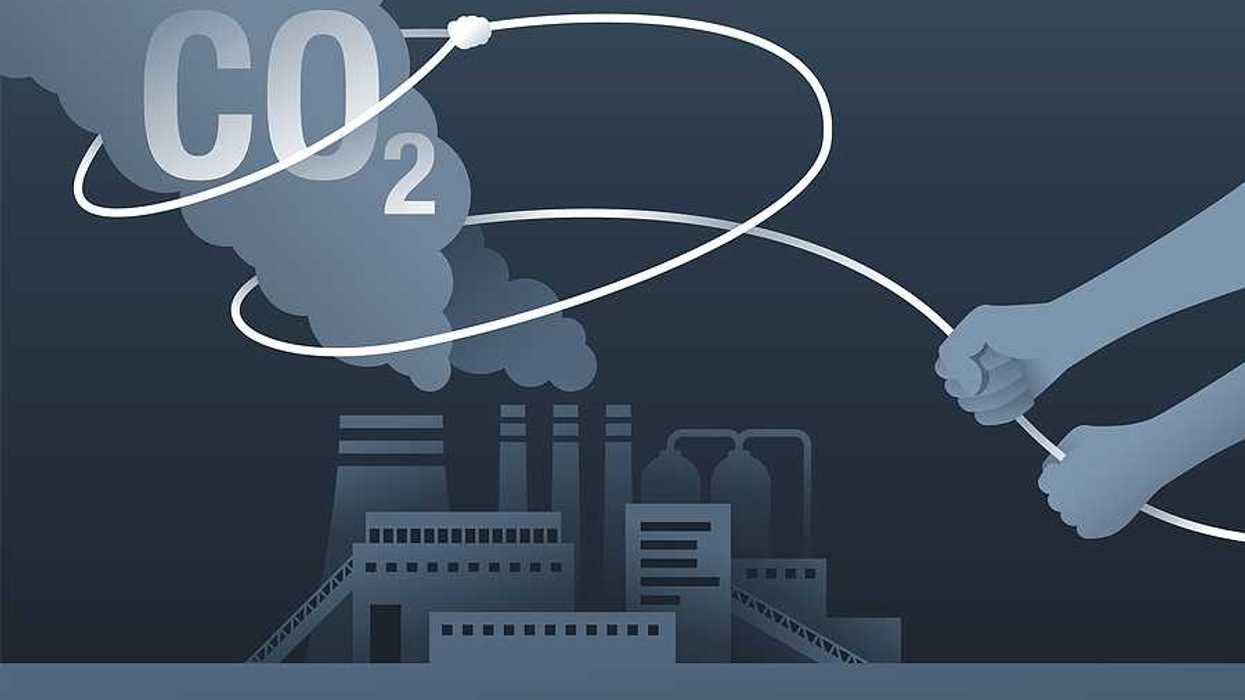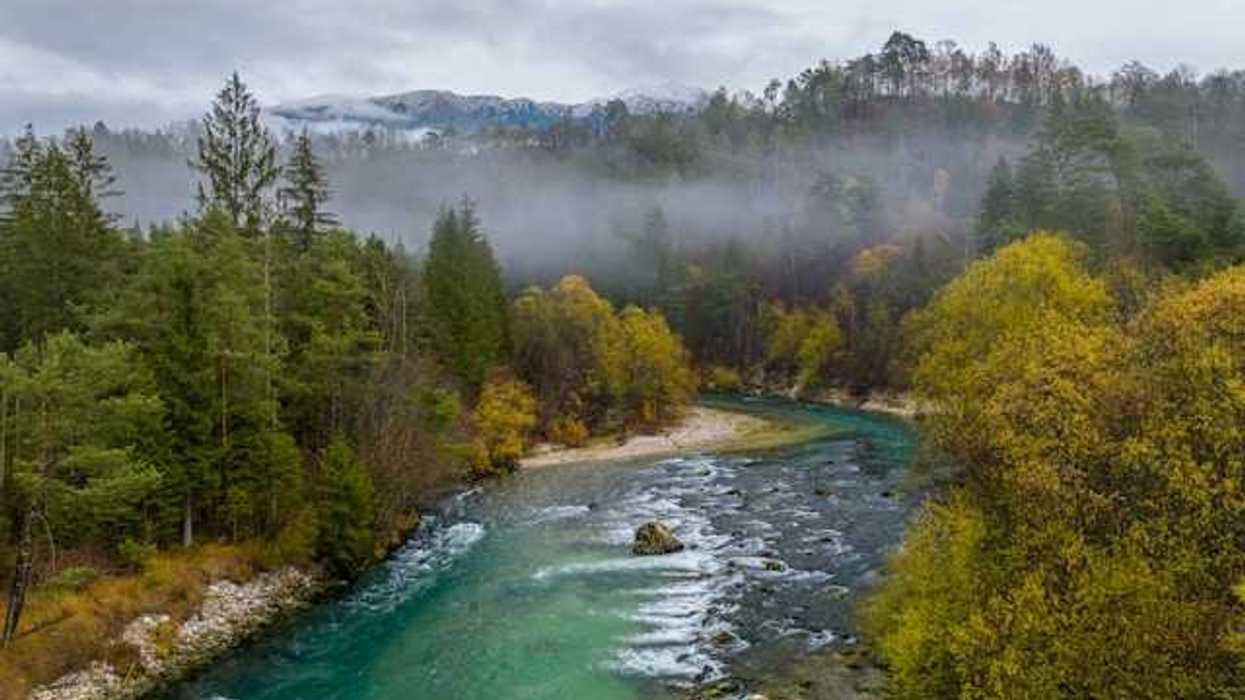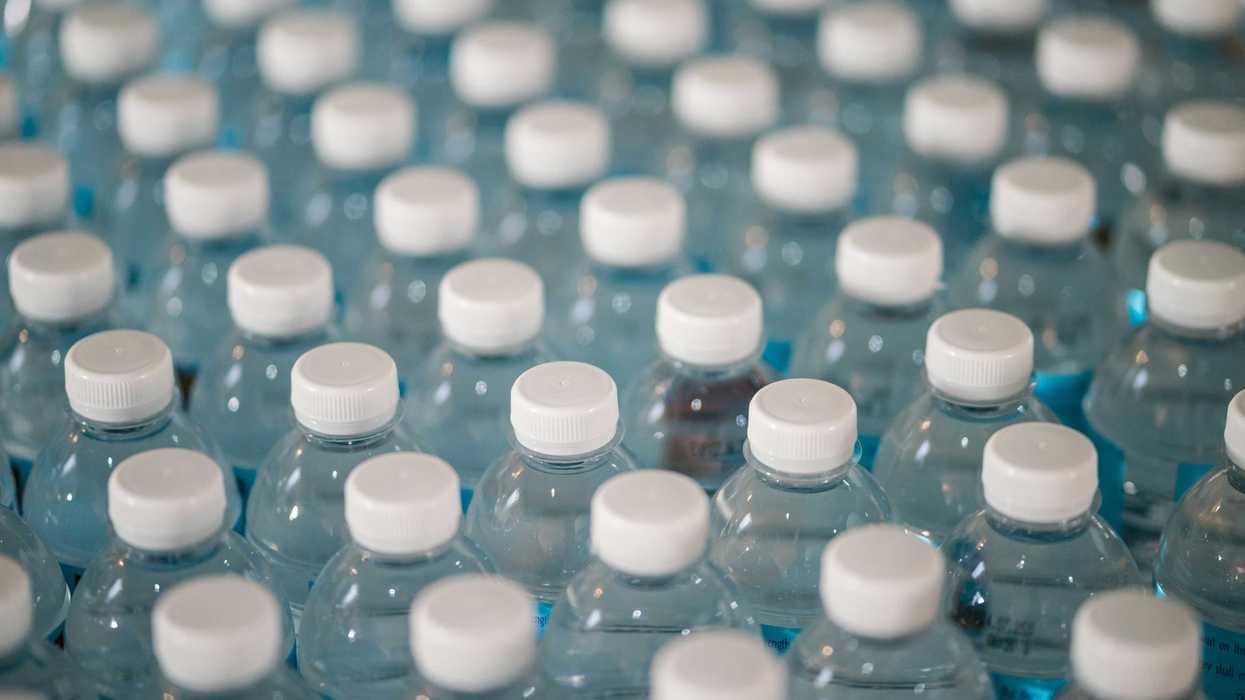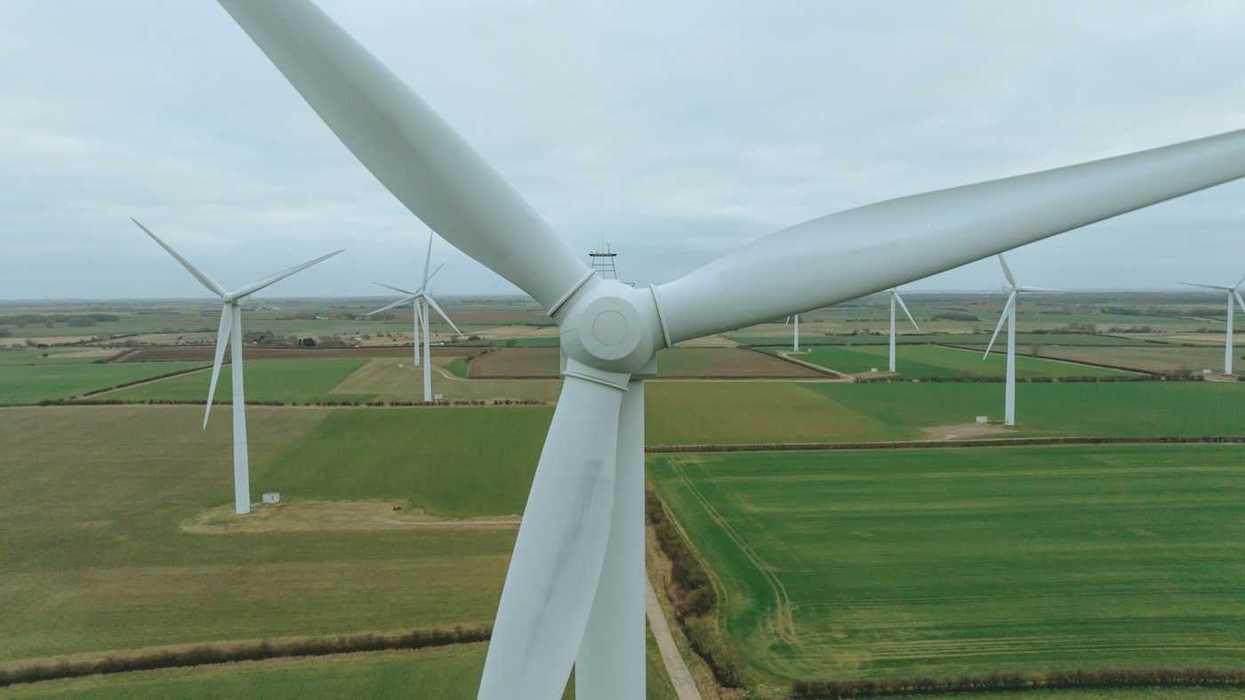Research from the University of Utah shows that Pacific Islanders and Hispanics are most affected by dust from the Great Salt Lake's exposed bed, highlighting the environmental justice issue in the region.
Amy Joi O'Donoghue reports for Deseret News.
In short:
- The Great Salt Lake’s drying has left 800 square miles of exposed bed, causing harmful dust exposure.
- During wind events, PM2.5 levels spike to 26 μg/m3, exceeding the WHO threshold of 15 μg/m3.
- Restoring the lake could reduce disparities in dust exposure among racial and ethnic groups.
Key quote:
“People here in Utah are concerned about the lake for a variety of reasons... this study adds environmental justice and the equity implications of the drying lake to the conversation.”
— Sara Grineski, professor of sociology and environmental studies at the University of Utah
Why this matters:
As the Great Salt Lake continues to recede, largely due to prolonged drought and water diversion for agriculture and urban use, vast swaths of the lake bed are left exposed. These areas become significant sources of dust, which can carry harmful pollutants and particulate matter into the air. Pacific Islander and Hispanic populations, often residing in areas closer to these exposed regions, face higher health risks from dust exposure, leading to respiratory issues and other health complications that can worsen existing disparities.














